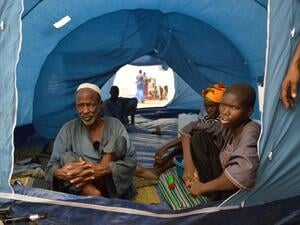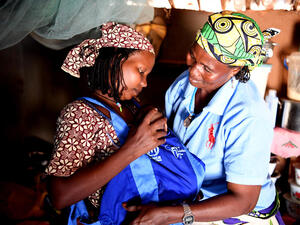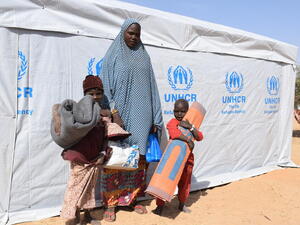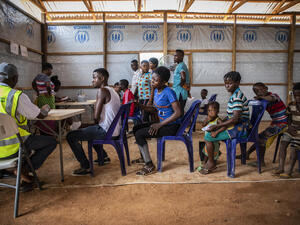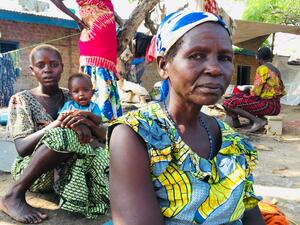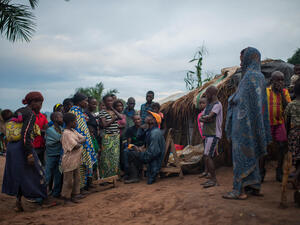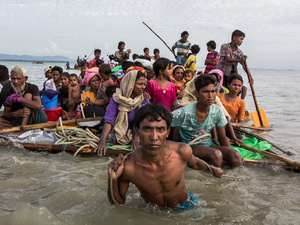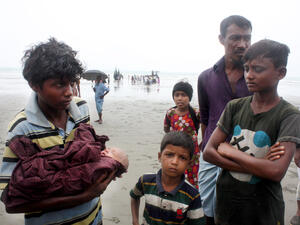Kosovo: minorities report issued
Kosovo: minorities report issued
A year ago next week, UNHCR returned to Kosovo to help hundreds of thousands of Albanians begin rebuilding their lives. Many of them had suffered terribly and had lost everything - victims of horrendous abuses. In the past year, a lot has been accomplished. But there is one glaring failure that can't be ignored - the continuing cycle of violence, revenge and displacement. We knew the hatreds ran deep. But we did not believe that the refugees and the victims UNHCR had helped in exile would soon become the oppressors, employing many of the same disgusting tactics that had once been directed at them. In the past year, tens of thousands of Serbs and other minorities have fled Kosovo - each departure further eroding hopes for at least a semblance of multi-ethnicity and tolerance. Killings, kidnappings, bombings, beatings, arson attacks and other abuses continue unabated. In fact, we've just seen the worst week of the year, with eight Serbs murdered.
For a detailed examination of the state of minorities in Kosovo, copies of a new UNHCR/OSCE report are available. The report, the fifth in a series on minorities in Kosovo, shows that Serbs have been disproportionately the victims of violent attacks. It notes, for example, that between February and May, a total of 26 Serbs were murdered and 105 Serb homes were burned. Nearly 50 suffered aggravated assault. Roma too have been targets, although some progess is being made, including this week's first visit by Albanian leaders to Roma communities. The UNHCR-sponsored visit on Wednesday by Dr. Rexhep Qosja, Dr. Ibrahim Rugova and Mr. Hashim Thaci is seen as a first step toward reintegration of Roma communities in Kosovo society. But all the efforts of the United Nations, KFOR, civilian police and others on the ground in Kosovo will not stop the violence. In the end, only the Albanians themselves - from the top leadership down - can bring it to a halt.


